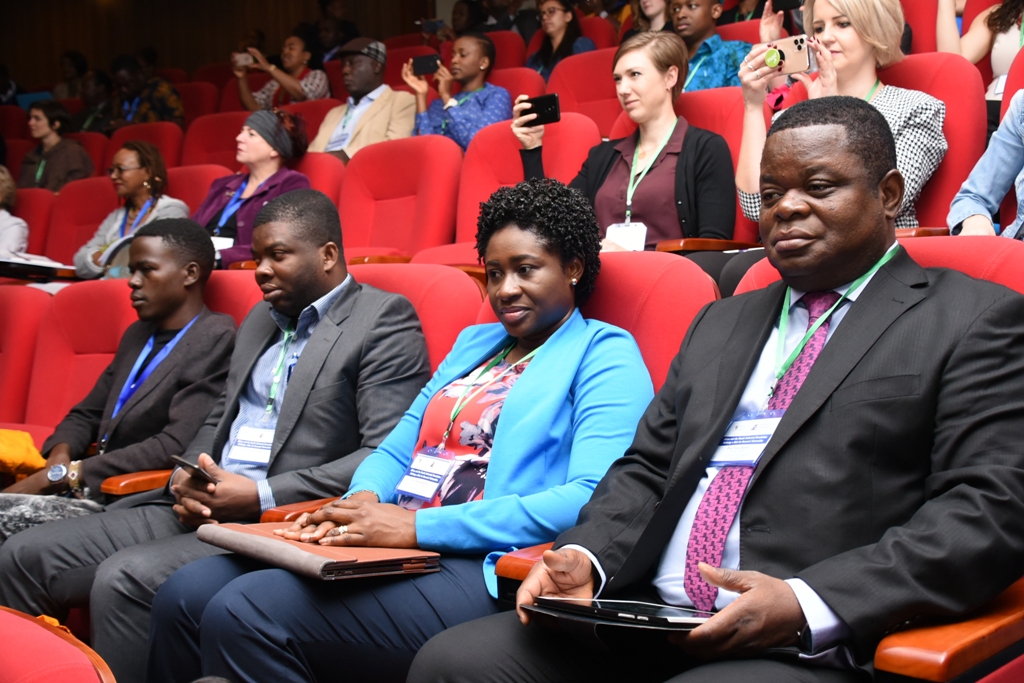Universities and the fourth industrial revolution
 The rate, depth and breadth of the likely transformations promise to be breath-taking and disruptive to all industries everywhere, especially for their production systems, management as well as governance.
The rate, depth and breadth of the likely transformations promise to be breath-taking and disruptive to all industries everywhere, especially for their production systems, management as well as governance.
“The Fourth Industrial Revolution is going to yield new products and services for universities. It is expected to raise standards of living,” says Prof. Ernest Aryeetey, Secretary-General, African Research Universities Alliance (ARUA). “The Revolution will change the way we do things including research and teaching.”
Given the transformative nature of the Fourth Industrial Revolution, developing nations should be asking important questions about what they bring to the table and niches they can carve for themselves for material and political gain. African universities should be preparing to ask questions and to offer answers to questions that are already being asked in this regard.
To this end, the African Research Universities Alliance (ARUA), in partnership with the University of Nairobi, is hosting an international conference, themed “Africa and the Fourth Industrial Revolution: Defining a Role for Research Universities.”
“We need to align ourselves accordingly hence this year's conference theme,” Prof. Aryeetey.
According to Prof. Zeblon Vilakazi from Wits University, the Internet of Things (IoT) offers the prospect of connecting billions of people, animals and objects each with a device with phenomenal processing power and storage capacity. Advances in the fields of artificial intelligence, robotics, wireless communication, instrumentation, autonomous vehicles, 3-D printing, nanotechnology, biotechnology, materials science, energy storage, and quantum computing will have a multiplicative effect on progress made.
Prof. Isaac Mbeche, the Vice-Chancellor, University of Nairobi highlights the state of African research.
“Africa’s research, most of which emanates from Southern Africa, accounts for only 1 percent of the world’s research outputs. This is not good news at all,” he says. “We are aware that while pledges of better support for scientific research from governments have increased in the last few years, all our economies in Africa are still unable to deliver on their pledges fully because of budgetary constraints and changing funding landscapes. We do appreciate that a number of governments in Africa have taken substantial initiatives to increase support for research, such as establishing and strengthening of funding councils with improved fiscal allocation across the continent, despite the inherent budgetary challenges.”
Well, at the end of the three day conference, a document highlighting the role for African research universities in the Fourth Industrial Revolution.
About the conference:
Running from November 18 to 20, 2019, the ARUA 2019 conference brings together international expertise from academia, government, industry, as well as from civil society to deliberate on the issues and pave the way for nurturing and supporting the Fourth Industrial Revolution in Africa.
There are 10 parallel sessions on each day, covering specific relevant thematic areas of interest to ARUA. Altogether, there will be 20 parallel sessions in the two days.
